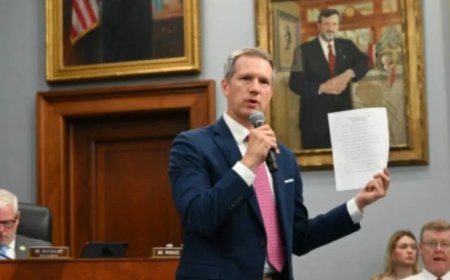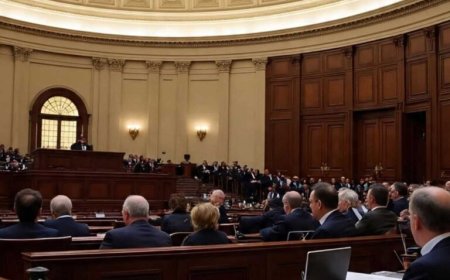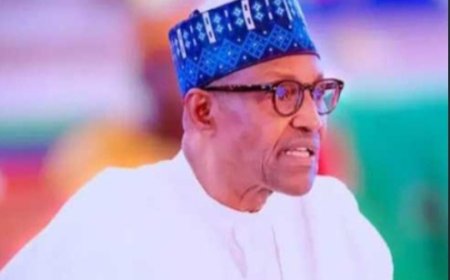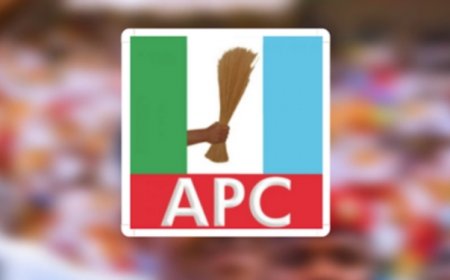Nigeria’s Debt Profile Set to Hit ₦160 Trillion as Tinubu Government Plans New ₦9.3 Trillion Loan

By: Israel Adeleke
OPEN TELEVISION NAIJA (OTN) News reports that Nigeria’s total public debt could surge to ₦160.6 trillion by December 2025, as the federal government prepares to borrow an additional ₦9.3 trillion to cover the budget deficit, a new report by CSL Stockbrokers Limited reveals.
OTN News further reports that the Lagos-based investment and financial advisory firm projects that the Tinubu administration will resort to further borrowing, from both domestic and external sources to finance the ₦9.8 trillion shortfall in the 2024 national budget.
According to CSL, Nigeria’s public debt stood at ₦121.67 trillion (approximately \$91.46 billion) as of March 2024, representing 45.3% of the country’s Gross Domestic Product (GDP). With the new borrowing, the debt-to-GDP ratio could rise to 50.5% by the end of 2025.
“Considering the current challenges, including below-target oil production, currency pressures, and limited tax revenues, we expect the federal government to resort to increased borrowing to finance the projected deficit,” the report stated.
CSL warned that due to unfavourable global financial conditions, Nigeria may find it difficult to raise funds from international creditors. This could compel the government to rely heavily on domestic borrowing — a move analysts say might drive up interest rates and crowd out private sector access to credit.
OTN News observes that the mounting debt burden has ignited concerns among economists, financial analysts, and civil society organisations. Many warn that without urgent reforms to boost revenue and control spending, Nigeria risks plunging into a full-blown debt crisis.
Critics argue that persistent borrowing without a clear path to economic recovery or diversification could weaken investor confidence and place long-term pressure on public finances.
Despite the warnings, the Tinubu administration has defended its fiscal strategy. Officials insist that borrowing remains necessary to fund critical infrastructure, social programmes, and economic revitalisation projects aimed at spurring long-term growth.
However, experts urge the government to ensure that any new debt translates into measurable development outcomes. “The focus must shift from merely borrowing to how those funds are used,” one analyst noted. “Debt is not inherently bad what matters is the return on investment.”
What's Your Reaction?
























































